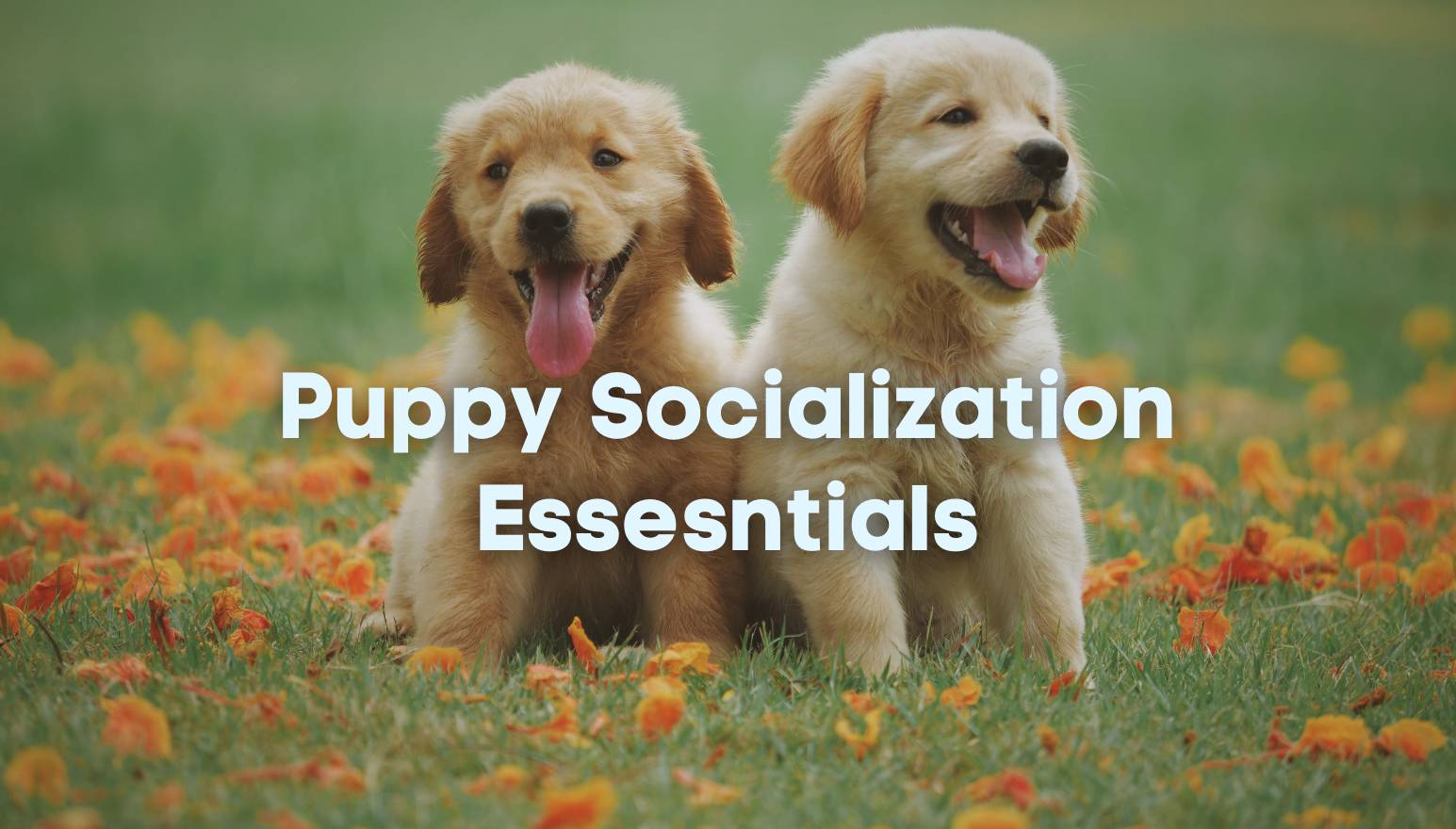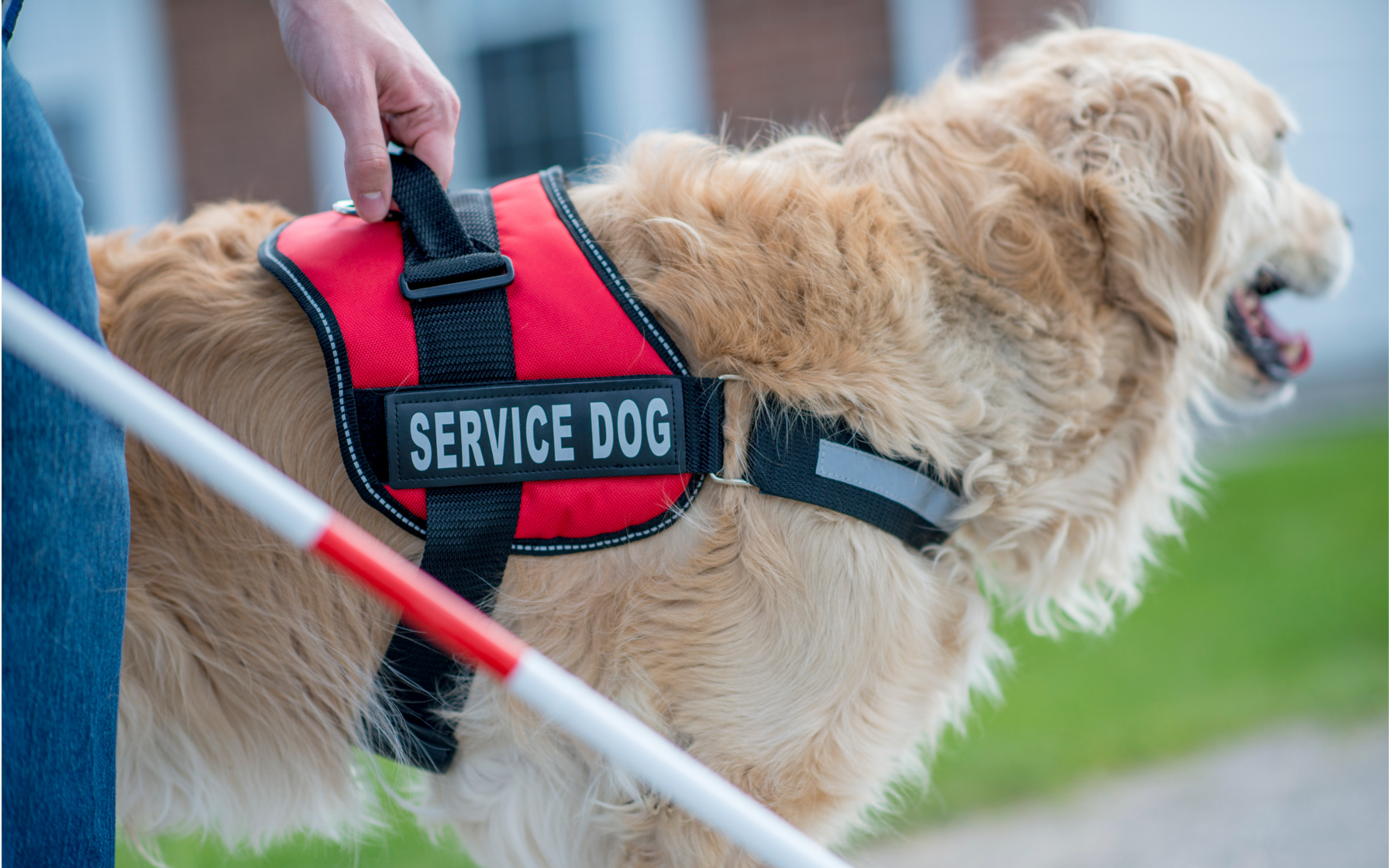by Annie Phenix, CPDT-KA

Like many of you, I hate going to the dentist.
I actually like my current dentist as a person, but I hate what his profession represents to me: pain. His name is Dr. Greg Mann, and as the world’s most patient dentist he is helping me learn to trust his kind again. He’s doing that in much the same way I help scared dogs learn to trust their environment again. I’ll explain how below; first a little more about my unlucky history with dentists.
When I was young and impressionable, I had four teeth pulled — it hurt. Then I had my wisdom teeth pulled — that also hurt. When I was a young adult, I had a really awful dentist who did not wait long enough for me to get numb (it happened more than once), and he went ahead with a root canal. I became squirmy and complained as best as I could with his hands in my mouth and tools hacking away. Touching raw nerves HURTS.
The doctor stopped drilling, looked at me angrily, and said: “You have two choices. You can squeeze my assistant’s hand real hard and let me finish, or we can stop and call an ambulance, and you are going to the hospital to finish this there.” I chose to squeeze because I just wanted to get out of his presence as quickly as possible.
I never went back to that dentist. I did note it when he landed on the front page of the local paper, however. He was “playing around” with the nitrous gas after work one night and blew up his dental office. Oops. Not exactly a stellar dentist or one I want anywhere near me or my teeth. One bad experience — and I have had way more than one — can cause a sense of fear and apprehension that is hard if not impossible to control, even with the help of the funny gas.
How does my fear at the dentist’s office relate to dog training? One scary incident with a person or another dog (and remember, the dog determines what is scary) can leave a dog fearful of those things, particularly when it happens to a vulnerable, young dog. Many dogs learn to warn off potential threats with distance-increasing behavior, such as lunging and barking.




